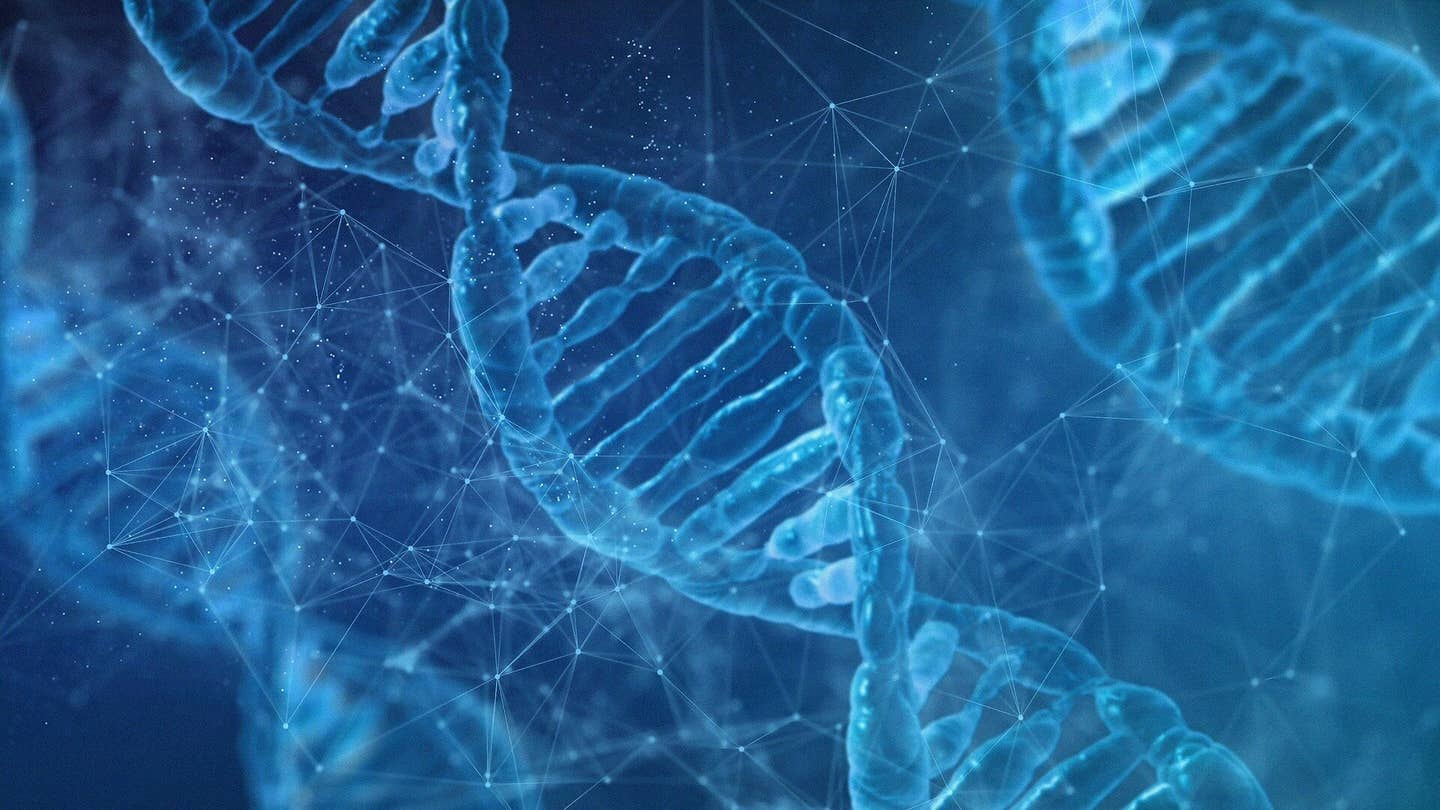Chemists create artificial protein that peers into Earth’s chemical past
Artificial protein reveals new clues about primordial chemical processes

[July 29, 2022: Tatyana Woodall, Ohio State University]
The study may be the first of many steps to understanding more about chemical evolution. (CREDIT: Creative Commons)
Scientists have developed an artificial protein that could offer new insights into chemical evolution on early Earth.
All cells need energy to survive, but because the kinds of chemicals available during the planet’s early days were so limited compared to today’s vast scope of chemical diversity, multicellular organisms had a lot less energy to build the complex organic structures that make up the world we know today.
New research, published in the journal Proceedings of the National Academy of Sciences, provides evidence that many of the organisms borne from Earth’s primordial soup heavily relied on metal molecules, specifically nickel, to help store and expend energy.
Current theories about how microbial life arose suggest that while cells used carbon dioxide and hydrogen as a fuel source, they also inhabited areas rich in reduced metals like iron and nickel. These first chemical reactions were also largely driven by an enzyme called acetyl coenzyme A synthase, or ACS, a molecule essential for energy production and forming new chemical bonds.
Related Stories
“Rather than taking the enzyme and stripping it down, we’re trying to build it from the bottom up,” Shafaat said. “And knowing that you have to do things in the right order can basically be a guide for how to recreate it in the lab.”
As scientists hope to understand what may have emerged first out of the primordial soup, Shafaat said the study demonstrated that even simple enzymes like their model could have supported early life. Shafaat, who has worked on the project for nearly five years, said that while the study did run into some challenges, the lessons the team learned were worth it in the long run.
In addition to being important for understanding primordial chemistry, their findings have broad implications for other fields, including the energy sector, Shafaat said.
Acetyl-CoA synthetase complex with CoA and AMP (PDB code 2p2j) Proteopedia
“If we can understand how nature figured out how to use these compounds billions and billions of years ago, we can harness some of those same ideas for our own alternative energy devices,” she said.
At the moment, one of the biggest challenges the energy sector faces is making liquid fuel. Yet this study could be the first step in finding a natural energy source that could replace the gasoline and oil humans overuse, Shafaat said. Now, her team is working on streamlining their product, but will continue to investigate whether there are other primeval secrets their enzyme might divulge.
Note: Materials provided above by Ohio State University. Content may be edited for style and length.
Like these kind of feel good stories? Get the Brighter Side of News' newsletter.
Joshua Shavit
Science & Technology Writer | AI and Robotics Reporter
Joshua Shavit is a Los Angeles-based science and technology writer with a passion for exploring the breakthroughs shaping the future. As a contributor to The Brighter Side of News, he focuses on positive and transformative advancements in AI, technology, physics, engineering, robotics and space science. Joshua is currently working towards a Bachelor of Science in Business Administration at the University of California, Berkeley. He combines his academic background with a talent for storytelling, making complex scientific discoveries engaging and accessible. His work highlights the innovators behind the ideas, bringing readers closer to the people driving progress.
